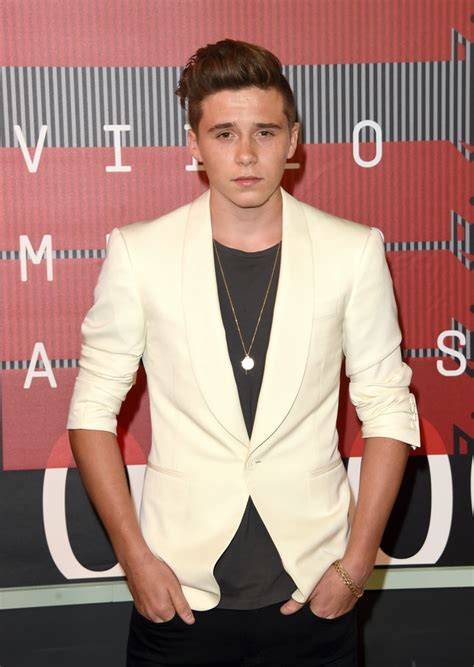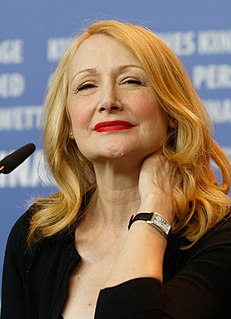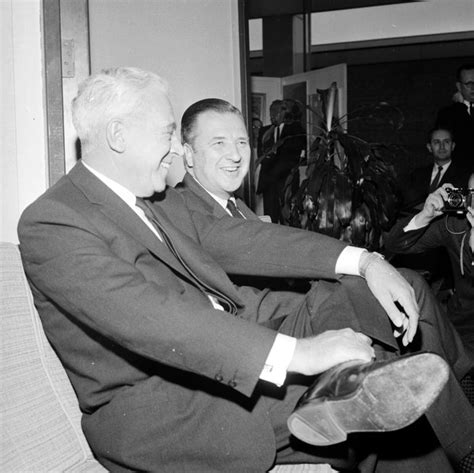A Quote by Matthew Modine
I don't think that digital photography is romantic yet. It's not sympathetic the way that film is.
Quote Topics
Related Quotes
If you need to strap a camera to you or get in a small space, then it makes sense to use digital.I do think it is possible to use a digital camera artistically, but it can only be good if you are using film technique. Film has grain, and digital has pixels, and there is not that much of a difference, but digital does not replace the need to create a scene and light it properly and spend time considering the shot.
Various studios are still shooting on film with digital grain and the DI negatives, it's not ideal. We should really be all film or all digital. But that being said, the old way of graining in the camera, now you can make changes like a painter. It's dangerous because you can ruin the film, you can over-fiddle. We've all seen films and gone 'what the hell is that?'
At the core, I am an actress. And I think, in a way, that's a good thing in that I am, I think, empathetic and sympathetic to the film. I would never pretend to have the discerning and acute critical eye that a lot of the great critics in our business do have. I don't look at it as being a critic or placing a judgment on a film, and I do think, how do you decide which film is best anyway? It's always a little bit of a mixed bag. But, I think it is just a collective group of people coming together to honor the work of an artist - that's how I think of it.


































